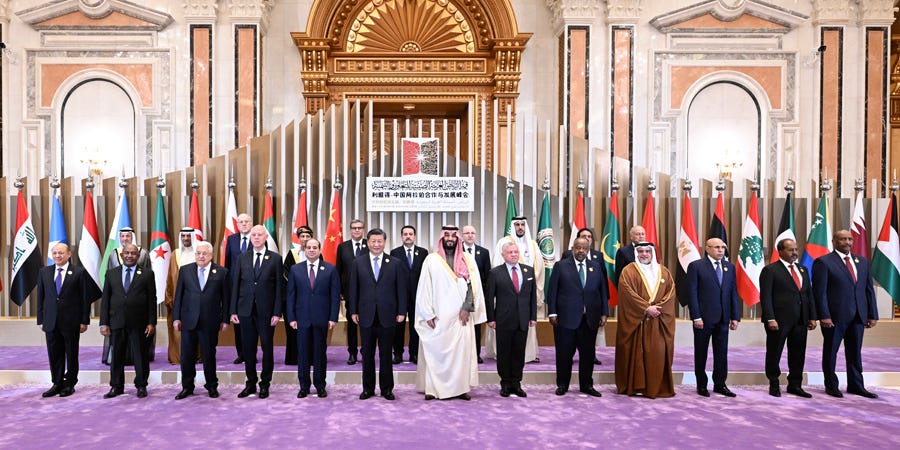At the invitation of King Salman bin Abdulaziz Al Saud of the Kingdom of Saudi Arabia, Chinese President Xi Jinping attended the first China-Arab States Summit and the first China-Gulf Cooperation Council Summit in Riyadh and paid a state visit to Saudi Arabia from December 7 to 10, 2022.
Ahmed Al-Zahrani, cultural attaché at the Embassy of Saudi Arabia in China, writes that, since establishing diplomatic relations in 1990, the two nations have developed a strategic cooperative relationship based on a foundation of mutual respect and mutual benefit. Leaders and officials of both sides have exchanged many visits during past 30 years. He maintains that since 2016, the relation has become a comprehensive strategic partnership.
Objective economic conditions have favored the Chinese-Saudi partnership and its intensification since 2016. Saudi Arabia provides a steady supply of crude oil for China, and China provid…



